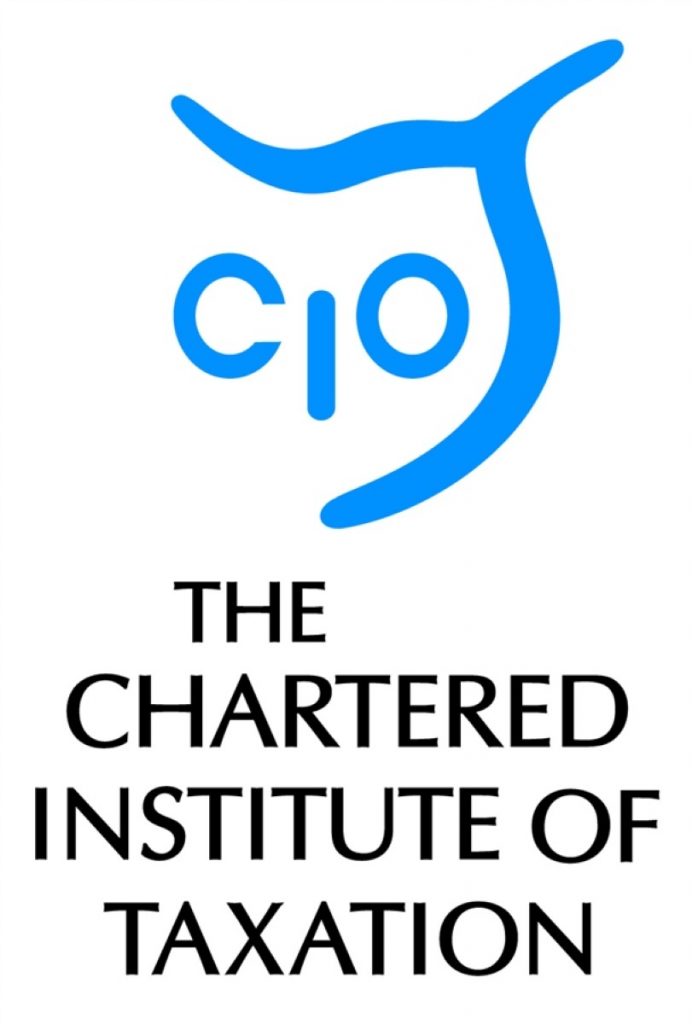CIOT: Taxman gets tough with tax return defaulters
HM Revenue and Customs’ (HMRC’s) launch of a campaign targeting taxpayers who failed to submit self-assessment returns for the 2009-10 tax year is a further sign of toughening attitudes to non compliance.
HMRC’s Tax Return Initiative, launched today, is aimed at people liable to pay higher rate tax (i.e. 40%) who were told to submit a self-assessment tax return for 2009-10 or earlier years, but have not yet done so. Those who fail to submit tax returns are clearly a group that HMRC needs to pay close attention to, for many reasons, says the Chartered Institute of Taxation (CIOT).
Gary Ashford, who represents the Chartered Institute of Taxation (CIOT) on HMRC’s Compliance Reform Forum, commented:
“Many people will be surprised that HMRC have to launch a campaign on these ‘missing’ self-assessment returns. They are now some 17 months late, after all, and some will no doubt be due to report significant tax liabilities.
“This is not just about evaders. Some will have calculated that they are paying roughly the right amount of tax and thought they didn't need to complete a return. Others may be happy to pay HMRC’s estimated determination of their tax liability. Many will simply be lost in the system. Whatever the position, this is a group that needs attention and, in many cases, help: they are at risk of penalties.
“While targeting those who fail to send in their self-assessment returns should be a priority if there is a definite risk they have large amounts of tax to pay, there are other routes to use as well. Rather than continuing to launch different targeted campaigns every few weeks (for example doctors and dentists who already have their own campaign and people with offshore bank accounts who should take particular care), HMRC should focus their efforts on a big national campaign open to all taxpayers whose tax affairs are not up to date. A one-off ‘general disclosure facility’ that lasts sufficiently long and is sufficiently attractive to get people to come forward to clean the slate would make sense. We also wonder whether HMRC need to look at the current penalty regime to make sure they aren't acting as a barrier to the whole area of campaigns.”
Notes to editors
HMRC’s ‘Tax Return Initiative’ is at http://www.hmrc.gov.uk/campaigns/tri.htm
You need to submit a Self-Assessment return if:
You are self-employed (including being a member of a partnership)
You are a company director, minister of religion, Lloyd's name or member
You earn income above a certain level from savings, investment or property
You are 65 and receive a reduced age-related allowance
You have any foreign income that is liable to UK tax
Your annual income is £100,000 or more
You need to claim certain expenses or reliefs
You owe tax and HMRC can not collect it through your tax code, or you prefer to pay direct
You have Capital Gains Tax to pay
You have lived or worked abroad or are not domiciled in the UK
You are a trustee
NB. This list is a summary of HMRC’s note which is available in full at http://www.hmrc.gov.uk/sa/need-tax-return.htm
Tax returns for a particular year are normally due to be submitted by 31 January in the following year, so returns for 2009-10 were due to be submitted by 31 January 2011.
The Chartered Institute of Taxation (CIOT) is a charity and the leading professional body in the United Kingdom concerned solely with taxation. The CIOT’s primary purpose is to promote education and study of the administration and practice of taxation. One of the key aims is to achieve a better, more efficient, tax system for all affected by it – taxpayers, advisers and the authorities.
The CIOT’s comments and recommendations on tax issues are made solely in order to achieve its primary purpose: it is politically neutral in its work. The CIOT will seek to draw on its members’ experience in private practice, government, commerce and industry and academia to argue and explain how public policy objectives (to the extent that these are clearly stated or can be discerned) can most effectively be achieved.
The CIOT’s 16,000 members have the practising title of ‘Chartered Tax Adviser’ and the designatory letters ‘CTA’.





-01.png)